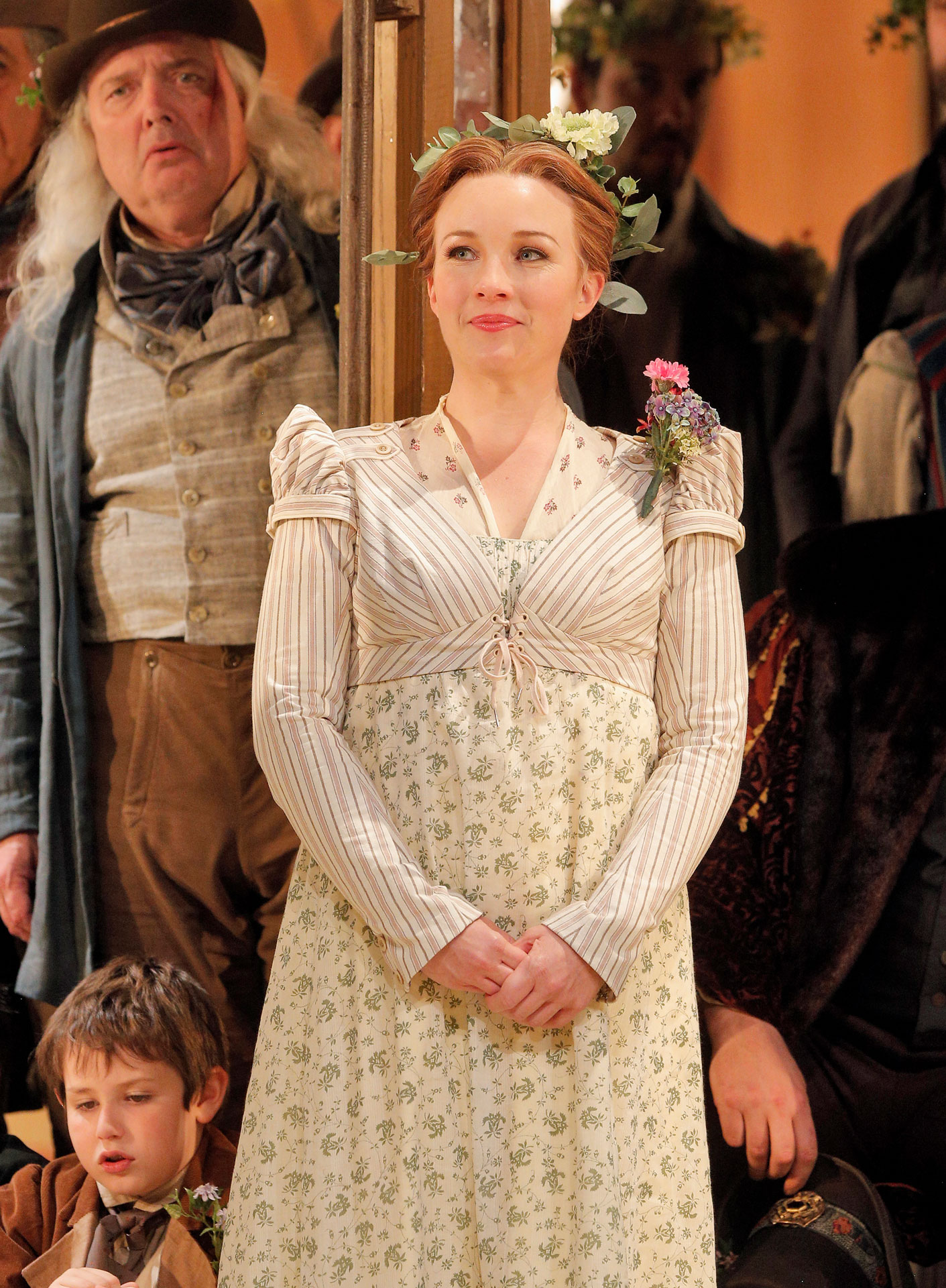New to ‘Atomic’ is the gifted young mezzo-soprano Sasha Cooke, as Kitty Oppenheimer. Perhaps because she had no nostalgia for the old production, she was able to create a fresh, vital portrayal, bringing a luminous tone, a generously supported musical line, a keen sense of verbal nuance, and a flair for seduction. Even if the Oppenheimers’ bedroom came out looking oddly like a suite in an Ian Schrager hotel, their duet emerged as the most psychologically cogent scene of the night—a billowing of sensual delirium into white-knuckle reality.
October 27, 2008
Alex Ross, The New Yorker
